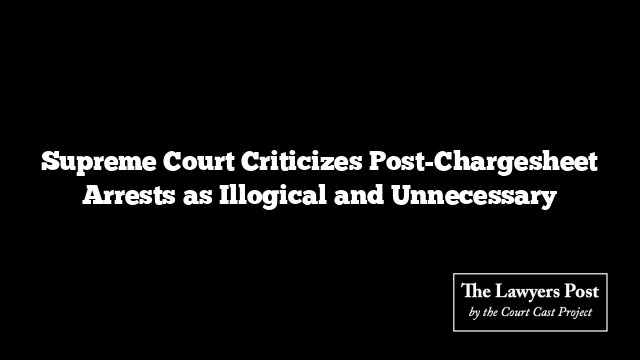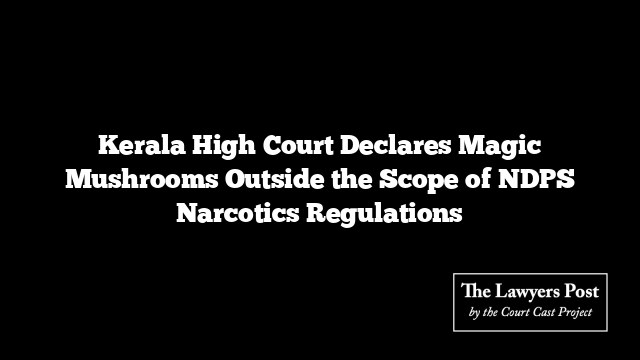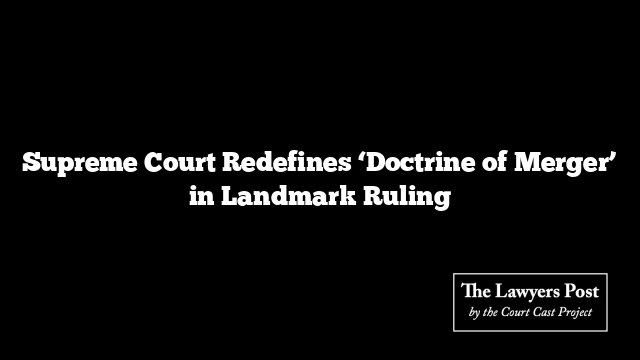In a sharp critique of police practices, the Supreme Court denounced the arrest of individuals after the filing of a chargesheet and the court’s cognizance of it, particularly when no arrest was made during the investigation. This practice, reportedly prevalent in Uttar Pradesh, was described as “unusual” and lacking justification by the Court.
A bench comprising Justices JB Pardiwala and R Mahadevan observed, “The notion of arresting someone post-investigation and after the chargesheet’s submission defies logic. If interrogation was deemed necessary, the arrest should have occurred during the investigative phase.”
The Court underscored that once the chargesheet is filed, the accused should simply appear before the trial court and provide bail. Formal arrests at that stage, it noted, serve no meaningful purpose.
These remarks emerged as the Court granted bail to an individual accused under the Prevention of Corruption Act, 1988. Despite cooperating with the investigation and not being arrested during its course, the person faced an arrest demand after the chargesheet was filed—a move the bench found unwarranted.
Citing precedents, the Court referred to Siddharth v. State of Uttar Pradesh (2021) and Satender Kumar Antil v. CBI (2021), which established that police are not obligated to arrest an accused upon filing a chargesheet. These rulings aimed to curb unnecessary arrests when the accused has cooperated during investigations.
In a 2024 decision, Tarsem Lal v. Directorate of Enforcement, the Court reinforced that agencies like the Enforcement Directorate lack the authority to arrest once a trial court acknowledges the chargesheet. The bench expressed concern over repeated non-compliance with these directives by investigative bodies and trial courts, calling for adherence to the principles outlined in earlier judgments.
The Court’s stance reflects a growing emphasis on judicial efficiency and the prevention of unwarranted custodial actions, ensuring fairness in the justice process.





